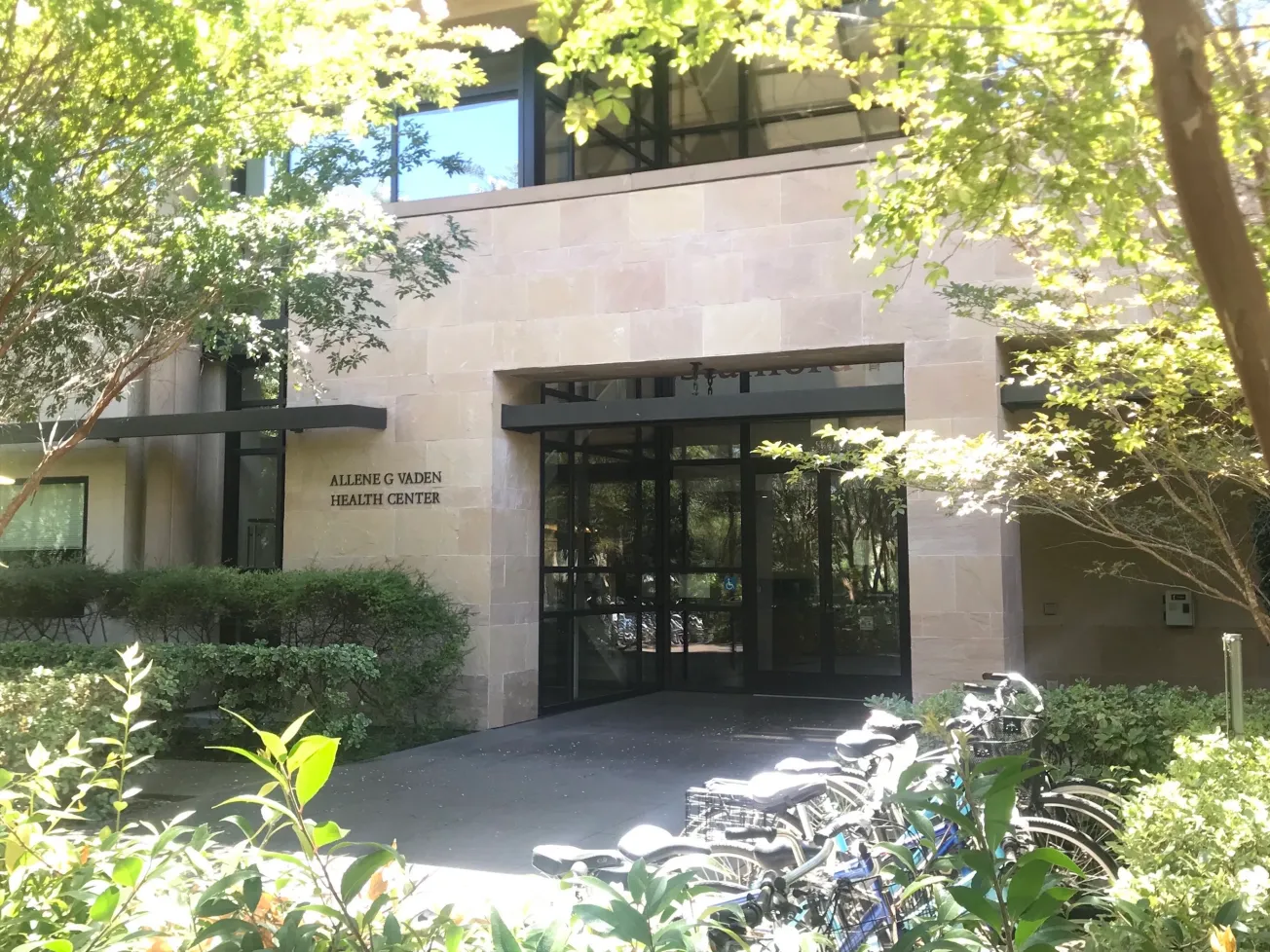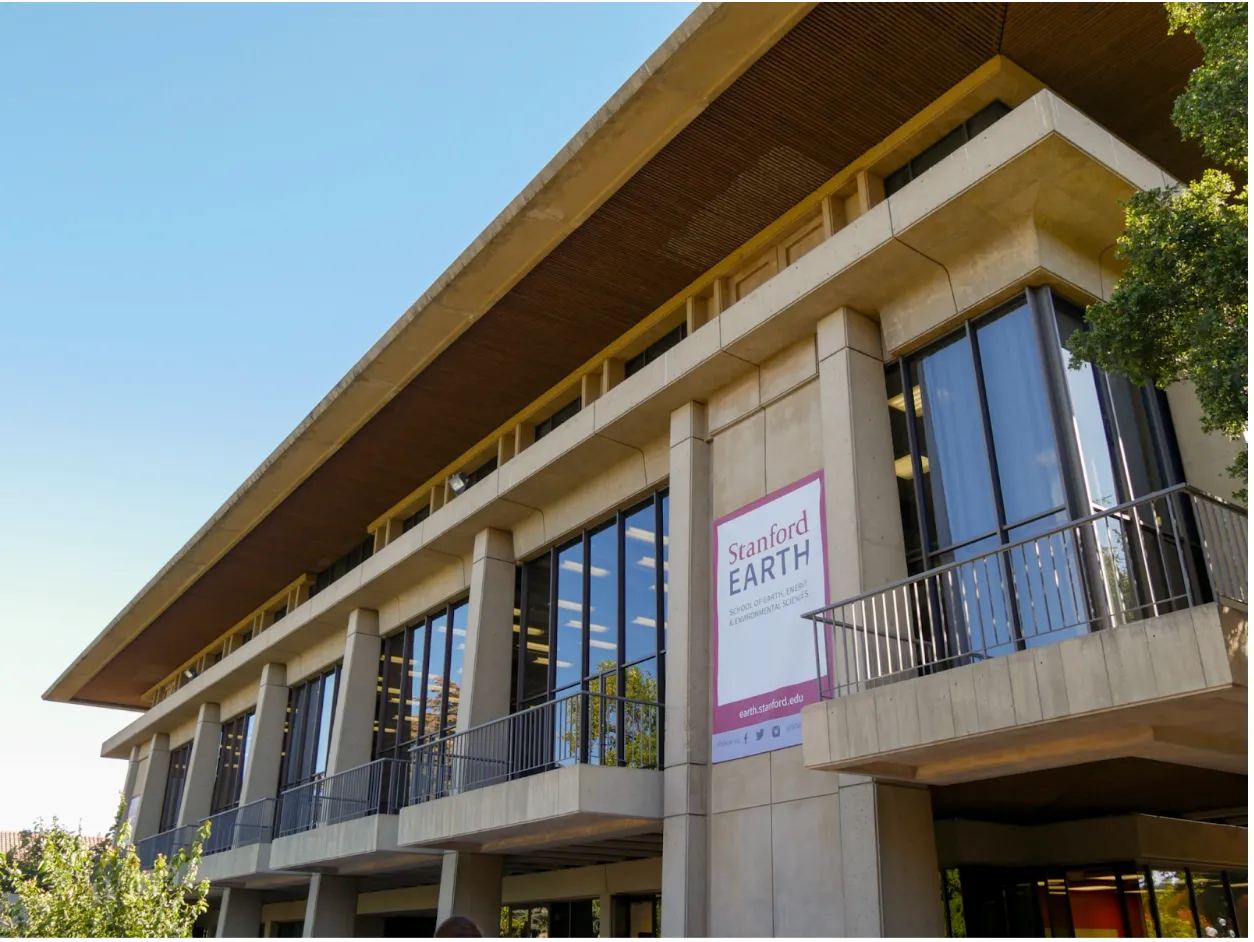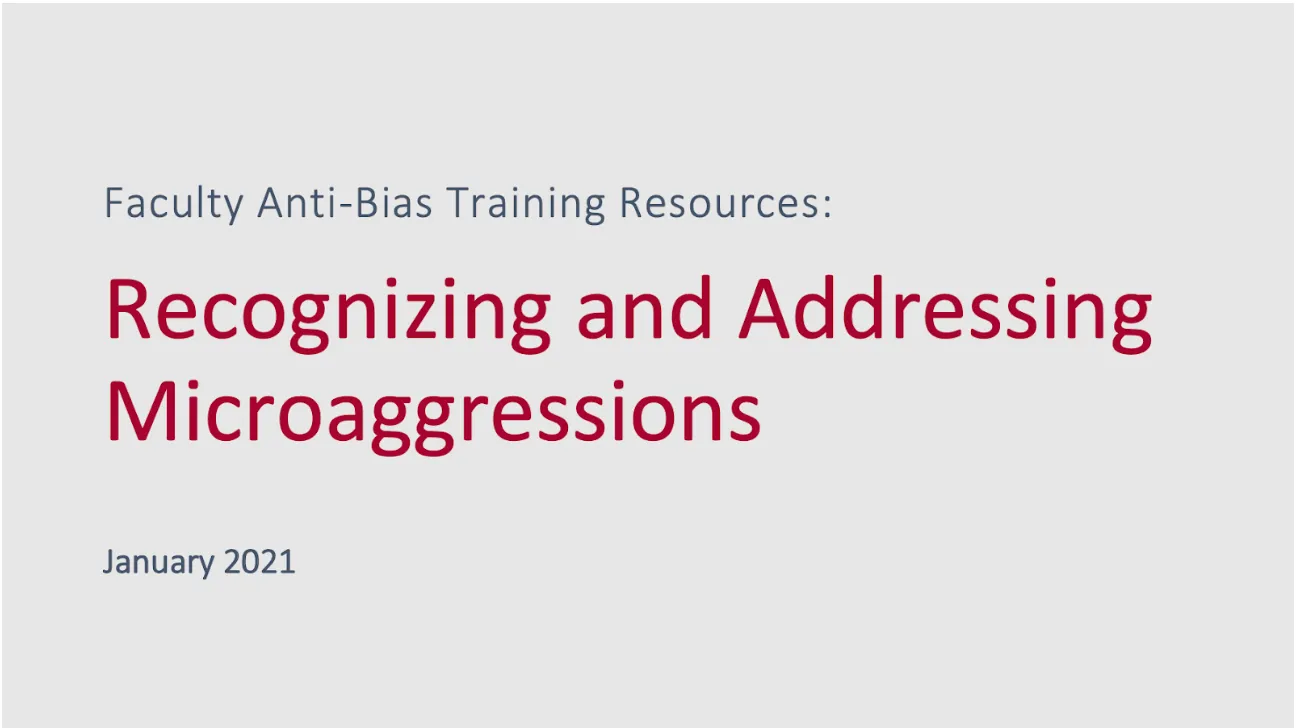Table of Contents
Mental health clinicians aren’t paid to proselytize. A therapist’s job is to use science-based treatments to help clients cope with psychological issues through a process that relies on trust, confidentiality, and respect for autonomy. When psychologists try to impose political beliefs on patients, they break this trust and compromise the treatment’s efficacy.
Unfortunately, staff at Stanford’s primary counseling center, Counseling and Psychological Services (CAPS), have missed this memo. In another instance of wokeness running rampant on Stanford’s campus, CAPS clinicians are turning a blind eye to prejudice, promoting bigotry through DEI programs, and forgetting their obligations to be inclusive and tolerant mental health professionals.
Why? Because “social justice” is code for an ideology that sees every social interaction as a conflict between oppressor and oppressed, defines people based on immutable characteristics rather than seeing them as individuals, and punishes anyone who disagrees. This combination of beliefs and assumptions would be dangerous anywhere, but among mental health professionals, it’s nothing short of catastrophic.
The most damning evidence of this bigotry came to light last summer, when CAPS’ former director, Ronald Albucher, and clinical case manager, Sheila Levin, filed a complaint accusing CAPS’ Diversity, Equity, and Inclusion of “perpetrating the invidious discrimination it sought to eliminate.” The 40-page document contains astonishing details of the anti-Semitism Albucher and Levin faced, including CAPS’ “intentional racial segregation through race-based affinity groups,” which involved pressuring the two clinicians to attend “Whiteness accountability” groups (and insisting that Jews are both white and privileged). Coworkers “verbally attacked” Albucher when he requested that the DEI program acknowledge anti-Semitic incidents on campus. This “harassment, vilification and intimidation…effectively forced [Albucher] to leave the weekly DEI seminars.” Levin faced similar intimidation. Stanford was aware of the situation, yet failed to intervene. The DEI program thus created a hostile work environment and even refused to address anti-Semitism while discussing a Zoom-bombing incident where attackers displayed swastikas.
If this prejudice had been directed at any other minority, CAPS would have fallen over itself to punish the instigator, renounce the deed, and engage in the ritual self-flagellation that invariably follows accusations of racism. But in this case, CAPS didn’t bother with an apology, and there’s no reason to believe anything has changed. After all this, it’s difficult to imagine that any Jewish student could feel comfortable seeking out support at CAPS. The complaint’s details also display a disturbing level of prejudice against white workers and the assumption that they’re all complicit in oppression. If CAPS can’t even maintain a supportive environment for its own employees, how on earth can we expect it to serve students?
The answer: we probably can’t. Anti-Semitism is just one manifestation of a deeply flawed set of beliefs about race and racism that CAPS has embraced. Beyond internal accountability training and race-segregated affinity groups, many CAPS counselors make no attempt to hide their political agendas. Some clinicians have penned WikiHow articles on topics like “How to Accept an LGBTQ Person” (“Most people (even LGBTQ people) have biased and bigoted views. They may correct you, or tell you that you are doing something wrong. Listen to them, and try to modify your behavior and speech.”) and “How to Talk About Race” (“Give your child a big ball of yarn and tell them to unravel it all over the room. Once they’ve unwound the yarn, tell them to roll it back up into a ball. As they have difficulty with the task, turn the yarn into a teachable moment about how racism weaves a challenging web in society.”). Others have retweeted similar activist agendas–calls to “destroy capitalism [sic] culture”–as well as more than a few complaints about their own sources of victimhood, including complaints about being “demeaned” and worn down by “the culture and bureaucracy” of PhD programs.”
Stanford’s well-being coaches are in on it, too. One specializes in “Neurodiverse Skill Acquisition,” “Anti-Violence Pedagogy,” and “Indigeneity,” while another prides herself on supporting “students who feel othered by the academe” and “encouraging indigenization of mindsets and processes.” How would these CAPS and well-being professionals interact with conservative students–or anyone who isn't on board with woke social justice? What do they tell white students who are unwilling to see themselves as oppressors or black students who don't consider themselves victims?
And it’s not clear that this approach even helps students who buy into Critical Social Justice. CAPS espouses a concerningly anti-scientific perspective that isn’t conducive to effective treatment for anyone. In a videotaped workshop on "decolonizing mental health,” CAPS therapists denounce "White, Individualistic, and Western approach[es]" to psychology, which "don't actually represent some kind of, like, standard truth.” To challenge the evils of the empirical method (and Western civilization at large), students are encouraged to reflect on "racist micro/macro aggressions" that they've faced from mental health providers–comments like, “I felt grateful to be [in grad school],” or saying that drumming circles are not health treatments.
If this tutorial isn’t enough, CAPS provides plenty of other opportunities for students to wallow in their victimhood. A video on “minority stress and mental health” reassures them that facing “microaggressions” is equivalent to being killed by a thousand paper cuts–never mind the fact that microaggressions are subjectively defined and therefore not a valid scientific construct.
Meanwhile, LGBT students are served up a special blend of anti-science and victimhood mindset through both CAPS and its partner organization, Weiland Health Services, where it’s evident that politics has eclipsed healthcare. Nowhere do these resources mention the serious, often irreversible damage that transitioning can cause, as well as the risk that hormone treatment and sex reassignment surgery may worsen mental health issues, rather than resolve them.
For all its focus on inclusivity, Weiland seems to have forgotten that not all gay students are liberals. Apparently, this form of identity is fine to erase. Everything about Weiland's branding suggests that its main focus is activism. Its commitment to serving students of "all genders and sexual orientations" is limited to those who agree with a controversial ideology.
To summarize, CAPS is all about inclusion, just so long as it’s reserved for those who buy into Critical Social Justice and accept their role as villain or victim. (Some might call this exclusion.) Its counselors demonstrate their commitment to tolerance by endorsing anti-Semitism; its resources empower students by convincing them that they’re helpless; and indoctrination takes precedence over providing treatment.
Amidst their many social justice pursuits, these clinicians appear to be neglecting the students who need them most. If CAPS took measures to end the bigotry that their own DEI program promotes and focused on solving real mental health problems, its services could be phenomenal. The Stanford community would benefit from mental health first-aid training; practical guides to recognizing signs of addiction, depression, eating disorders, and psychosis; and efforts to destigmatize genuine mental illness.
There’s only one group of students that CAPS should prioritize: those with serious mental health issues. So long as CAPS clings to its social justice agenda, though, it will continue to fall short, neglecting the only minority it was meant to serve.









